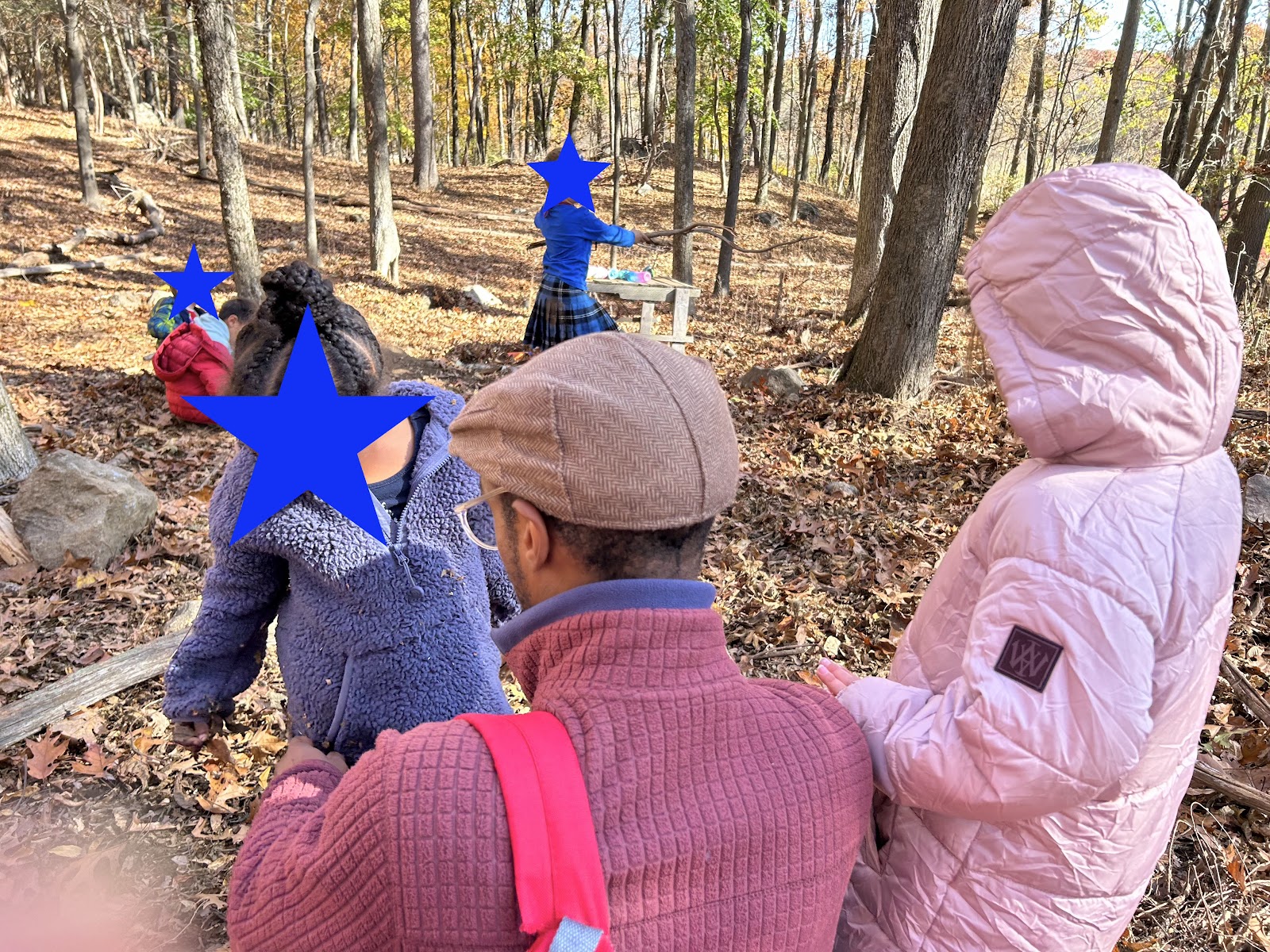I remember having a teacher come to observe in my classroom as a substitute. She was constantly moving back and forth, trying to get a better view of what was happening in every area of the room. On occasion she would interact with a few of the children, but generally she would "put out fires", seeking to maintain a space where the children are having minimal conflict. I definitely know the feeling. Like parents, teachers can often feel like the way the children act is always a direct reflection of the quality of teaching they've received (which only has hints of truth in it).
I told her later what I was also taught. When we rush to deal with an altercation in the children's house, we cannot see the effect that it has on the classroom behind us. I find now that, when I have the inclination to rush in and "support" a conflict, it is often born out of anxiety. When I feel that in my body these days, I tend to sit down, or perhaps even work with one of the materials. Usually the situation resolves itself.The Bible talks about this in terms of having self control (Galatians 5:22-23). It is not merely a guarding of what you say and do, but even in the thoughts that come to your mind. So by definition it is not just a practice but requires a fundamental shift in how we operate in the world.I certainly haven't made it. Though I like to think that I am a bit better at watching and waiting than I was when I first started teaching. The inevitable result is that I am communicating to the children that they have the ability to handle their own problems...though help is never too far away.


Comments
Post a Comment